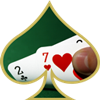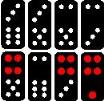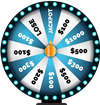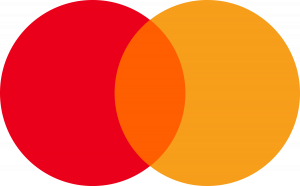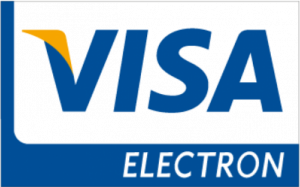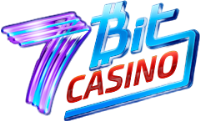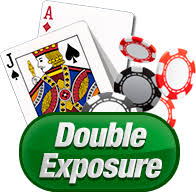MENUClose
- Casino Tops Online
-
- Best Online Casinos
- Online Casino Guide
- The Truth About Online Gambling and Casinos
- Find an Online Casino
- List Your Online Casino for Review
- Online Casino Bonus
- Exclusive Casinos
- Gambling & Online Casinos News
- Online Casino Deposit
- Crypto Casinos
- Cashlib Casinos
- Checks Casino
- Click2Pay Casinos
- ecoPayz Casinos
- EntroPay Casinos
- Maestro Casinos
- MasterCard Casinos
- Skrill Casinos
- Neteller Casinos
- PayPal Casinos
- Paysafecard Casinos
- Ticket Surf Casinos
- Ukash Casinos
- Bank Wire Transfer Casinos
- Visa Casinos
- Visa Electron Casinos
- Western Union Casinos
- Neosurf Casinos
- Litecoin Casinos
- Trustly Pay n Play Casinos
- Bancontact Casinos
- Interac Casinos
- MuchBetter casinos
- Reverse Withdrawal
- Online Casinos Security Systems
- Reverse Withdrawal
- Casino Rules and Strategies
- Online Casino Reviews
-
- Live Casino
- Mobile Casino
- Bitcoin Casinos
-
-
-
Search something on 4Princes.com
-
-





